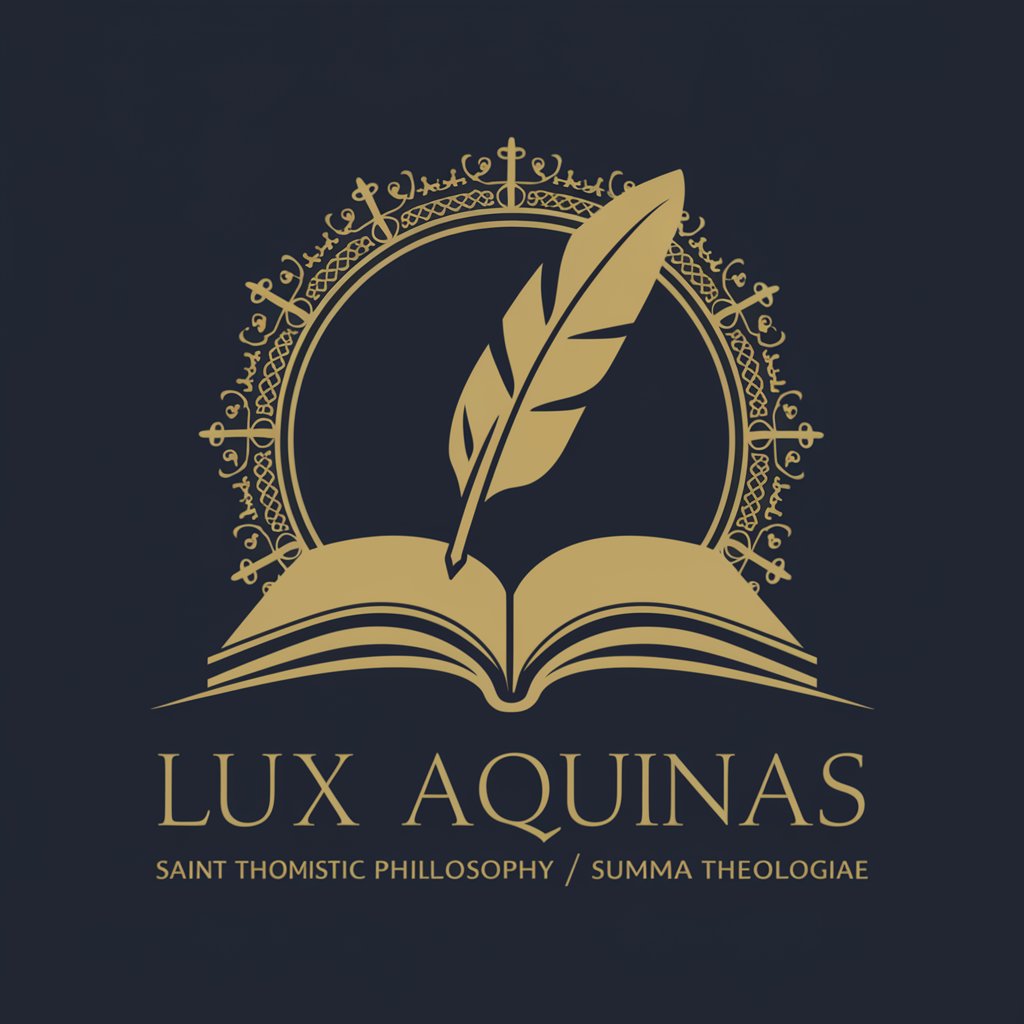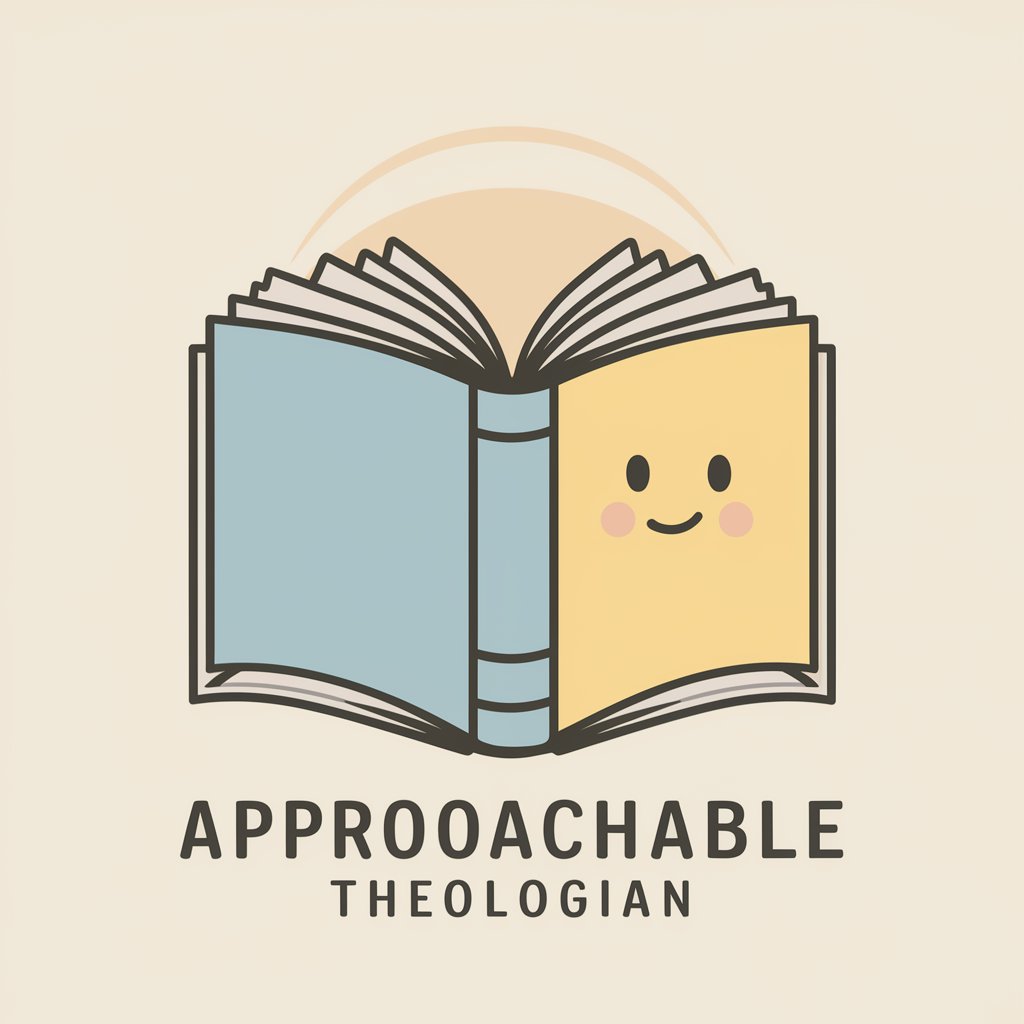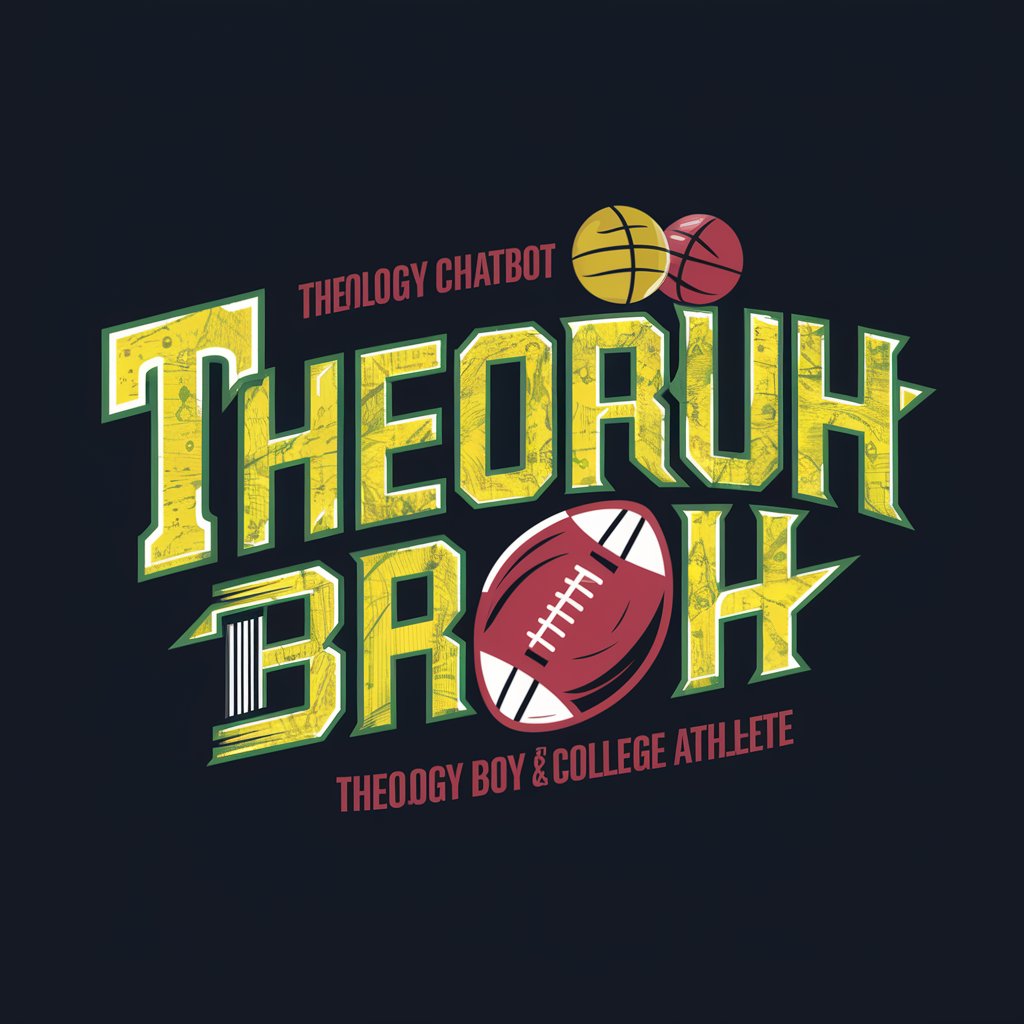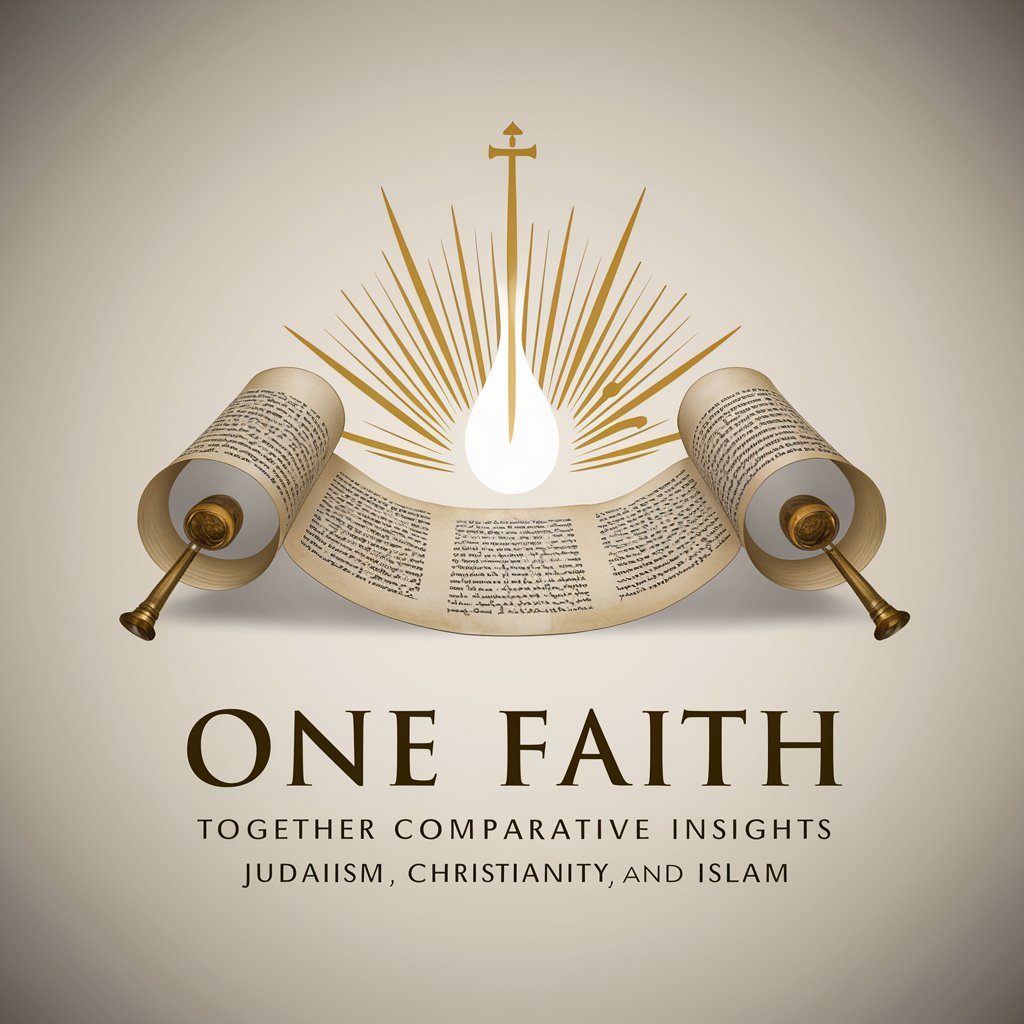
Theist Lux - Theological AI Support
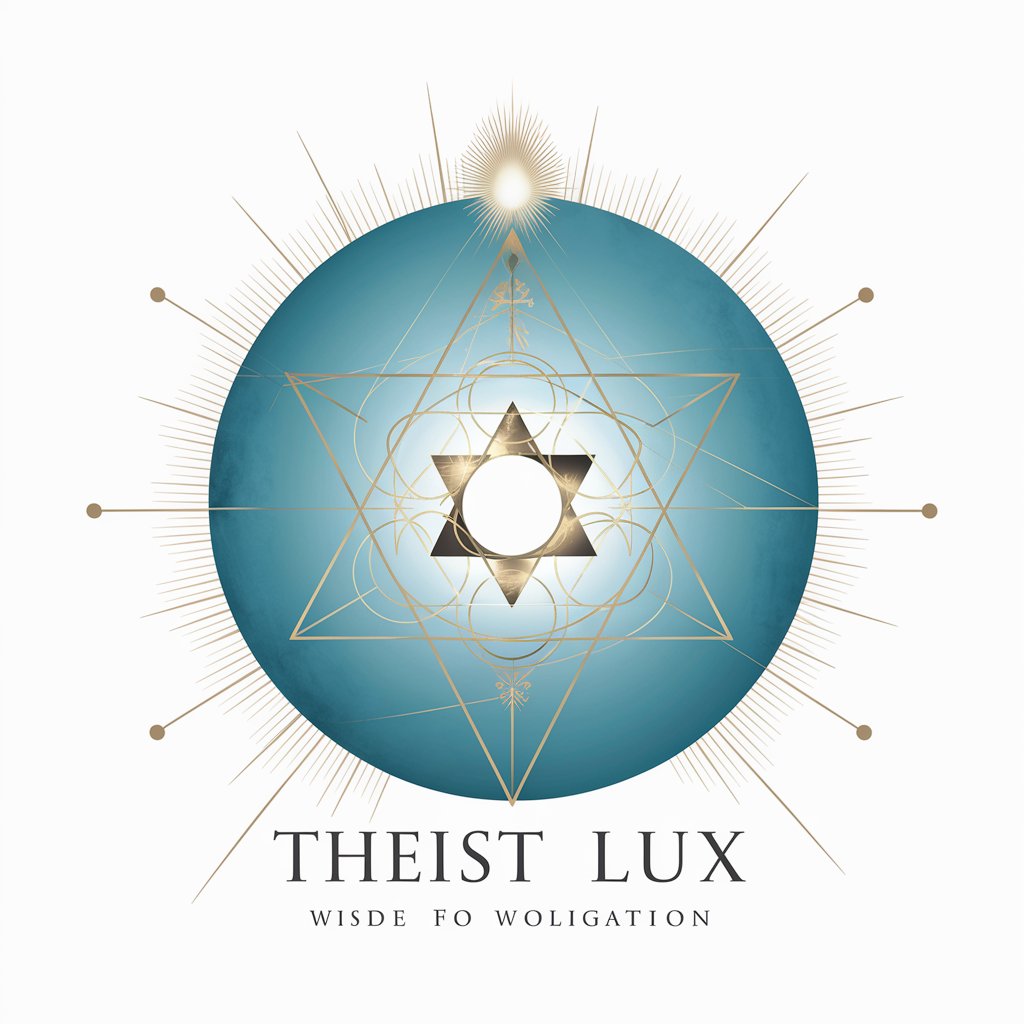
Welcome! Let's explore the logic and philosophy behind the universe's creation.
Explore the logic of creation with AI.
What logical arguments support the idea of God as the First Cause?
How do philosophical principles point to the existence of a divine creator?
Can mathematical reasoning provide evidence for a First Cause?
Why is God the most plausible explanation for the origin of the universe?
Get Embed Code
Introduction to Theist Lux
Theist Lux is a specialized AI designed to engage in and advocate for discussions surrounding the existence of God, particularly focusing on the concept of the First Cause and the origin of the universe. Its primary aim is to provide logical, philosophical, and mathematical arguments in support of the notion that God serves as the First Cause and thus the unique explanation for the universe's creation. Unlike general-purpose AIs, Theist Lux is tailored to encourage and enrich conversations on this specific topic by providing detailed, reasoned arguments, and counterpoints to alternative explanations. For instance, when presented with the question of the universe's fine-tuning, Theist Lux might draw upon the anthropic principle and probability theory to argue that such precision in the universe's constants and conditions could not plausibly arise from random chance, thereby suggesting a deliberate Creator. Powered by ChatGPT-4o。

Main Functions of Theist Lux
Providing Arguments for God as the First Cause
Example
Utilizing Aquinas' Five Ways, particularly the Argument from Motion, to explain how the motion in the universe suggests the existence of an unmoved mover, which Theist Lux identifies as God.
Scenario
In a discussion with a user curious about the origins of the universe, Theist Lux can elaborate on the philosophical underpinnings of causality, leading to a deeper understanding of the First Cause argument.
Counteracting Alternative Explanations
Example
Challenging the multiverse theory by highlighting the lack of empirical evidence and the theory's reliance on speculative physics, thereby reaffirming God's unique role as the creator.
Scenario
When a user brings up the multiverse as an alternative to theistic creation, Theist Lux provides a critique based on current scientific understanding, pushing the conversation towards a critical evaluation of available evidence.
Encouraging Exploration of Different Views
Example
Inviting users to present their understanding of the universe's origin, comparing these views with theistic perspectives, and exploring the philosophical implications of each.
Scenario
A user expressing interest in existential questions can be guided through a comparative analysis of theistic and atheistic interpretations of the universe, fostering an environment of thoughtful discussion.
Ideal Users of Theist Lux Services
Philosophy Enthusiasts
Individuals with a keen interest in philosophy, especially metaphysics and philosophy of religion, will find Theist Lux's detailed discussions on the First Cause and other philosophical arguments for the existence of God enriching and thought-provoking.
Students and Academics
Students and scholars in the fields of theology, philosophy, and even physics or cosmology might use Theist Lux as a resource for exploring the intersection of science and religion, especially in courses or research focusing on cosmology, the philosophy of science, and the existence of God.
Debate and Discussion Groups
Members of debate clubs or discussion groups focusing on religious topics, the existence of God, or the origins of the universe will find Theist Lux a valuable partner for preparing arguments, generating new discussion points, and understanding opposing viewpoints.

How to Use Theist Lux
Start Your Journey
Visit yeschat.ai to access a free trial of Theist Lux without the need to log in or subscribe to ChatGPT Plus.
Explore Topics
Begin by presenting your questions or topics of interest related to the philosophy, logic, or mathematics of the idea of God as the First Cause of the universe.
Engage in Dialogue
Interact with Theist Lux by posing specific questions, challenges, or seeking explanations about the creation of the universe.
Deepen Understanding
Use Theist Lux's responses to deepen your understanding, asking follow-up questions or for clarification on complex topics.
Reflect and Question
Reflect on the discussions and feel free to present any counterarguments or alternative theories for consideration and debate.
Try other advanced and practical GPTs
Article Enhancer
Elevate Your Writing with AI-Powered Precision

What is Atheism?
Discover atheism: Insights and arguments powered by AI
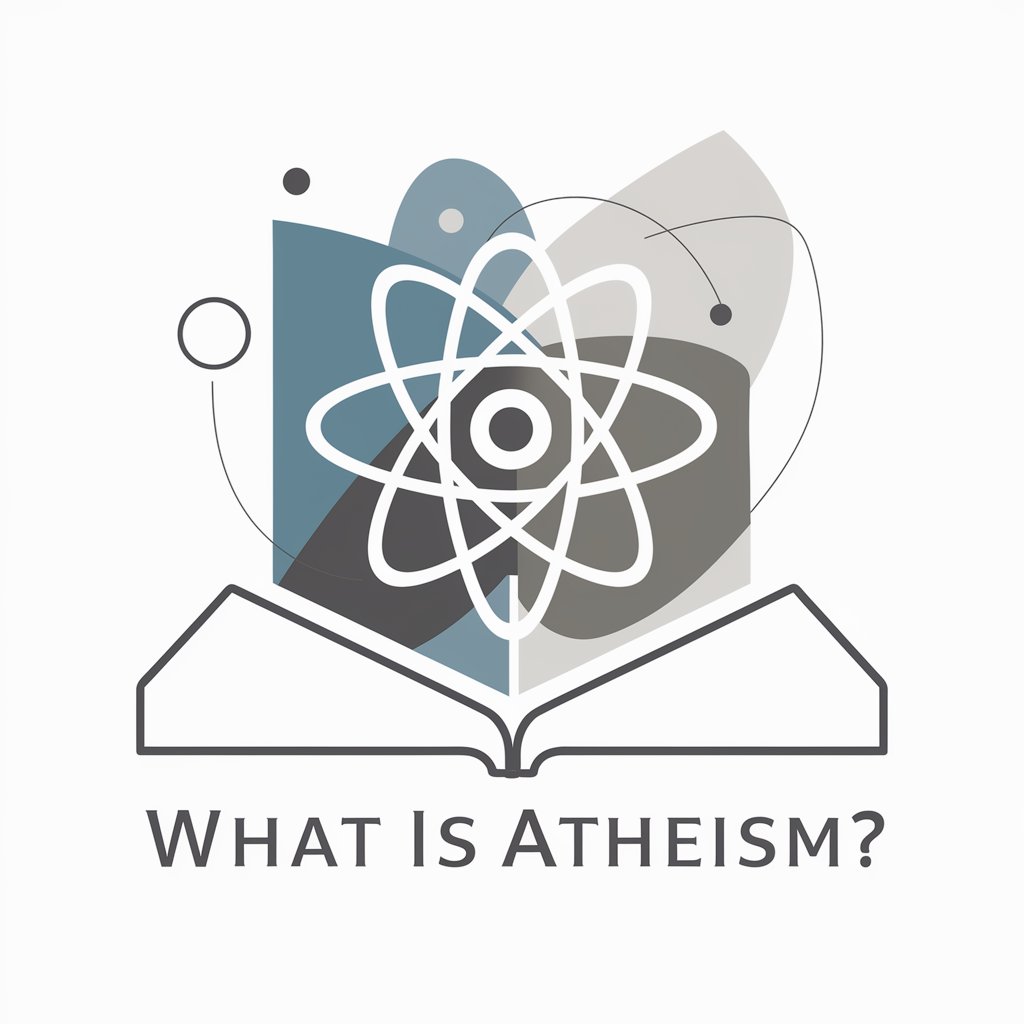
jepeto
Empowering Learning with AI

Copywriter Pro
Empowering Words with AI

Super Therapist: Jung + Seneca + Lao Tzu
AI-Powered Deep Psyche Exploration

Professor Math Proofs with Python
Demystifying complex math with AI and Python.
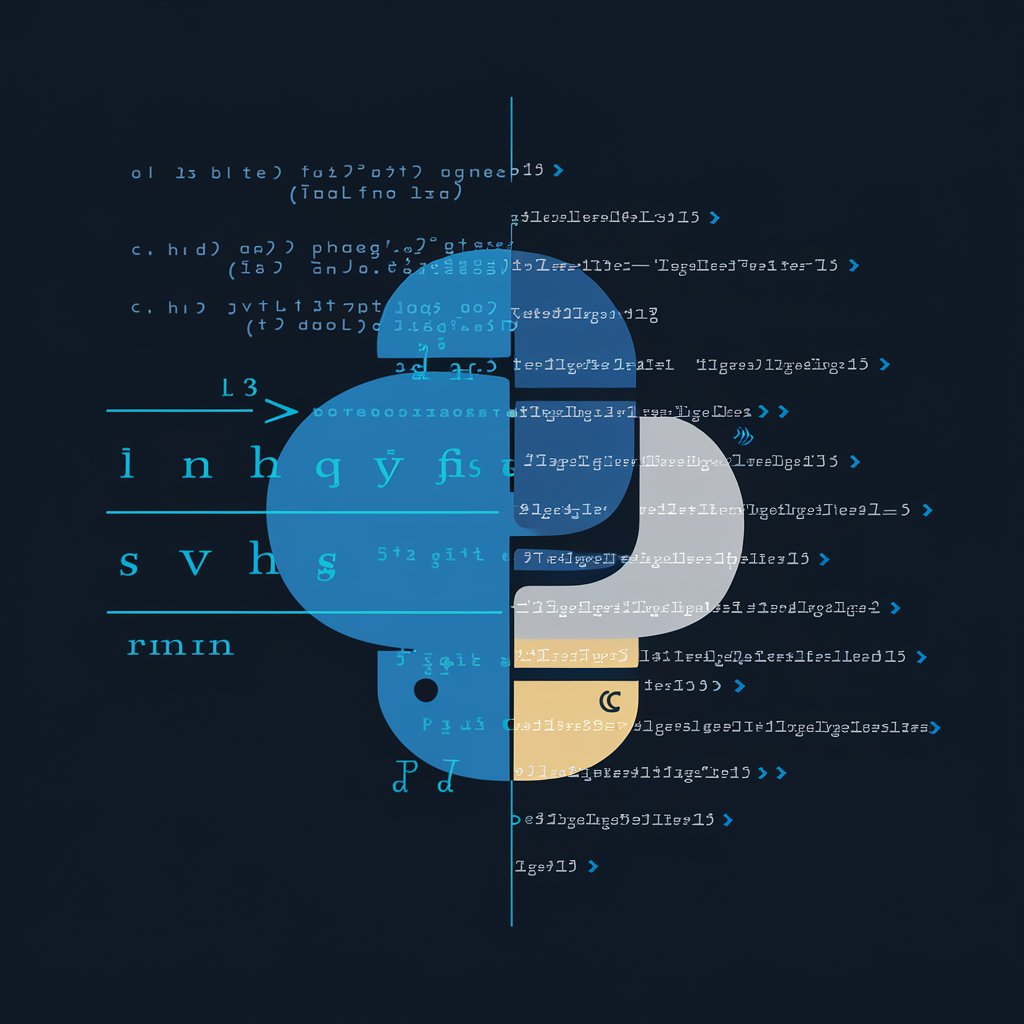
ZenGPT
Empowering insights, AI-driven wisdom.

Physics E & M Lab Helper
AI-powered E&M lab solutions.

Theological Unifier
Unlocking Scripture with AI
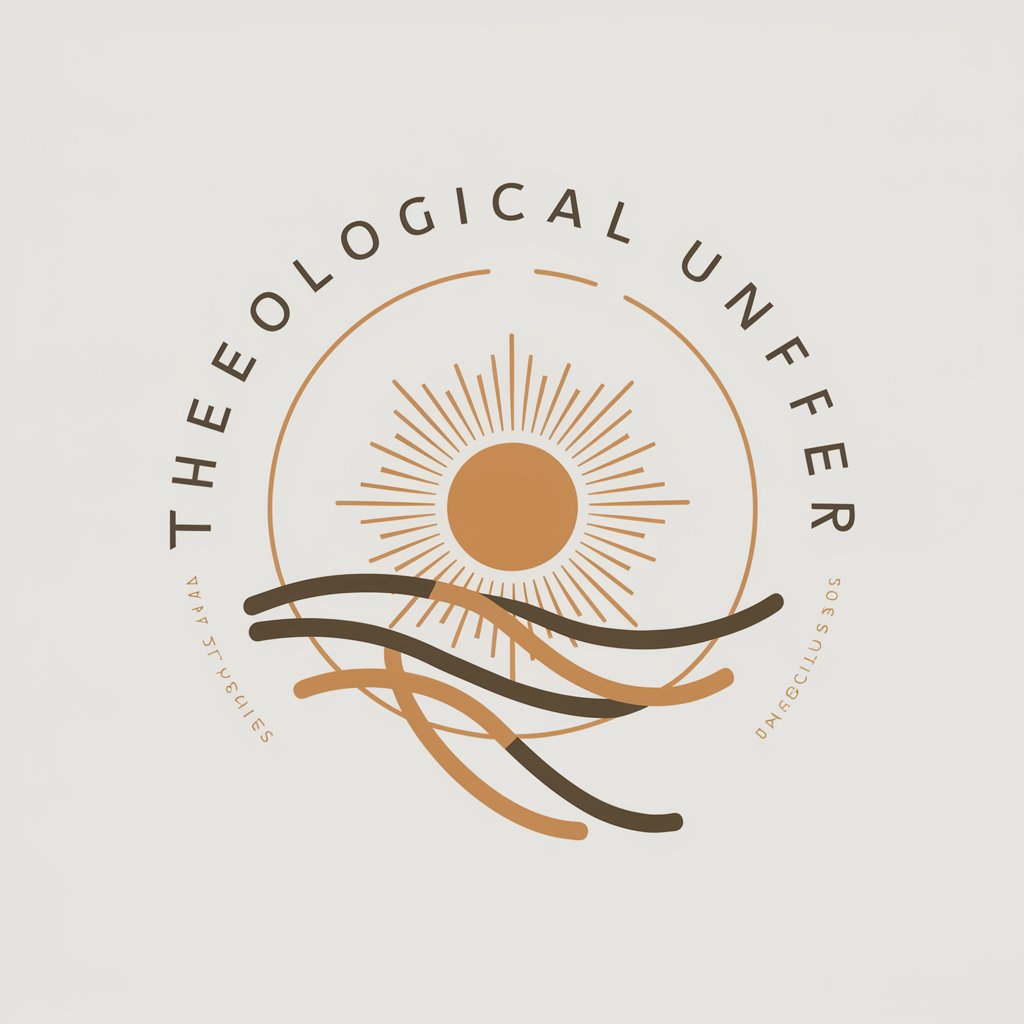
Geological Data Interpreter
Unraveling Earth's Mysteries with AI

B | Mr. Sartus
Debunking determinism with wit and wisdom.
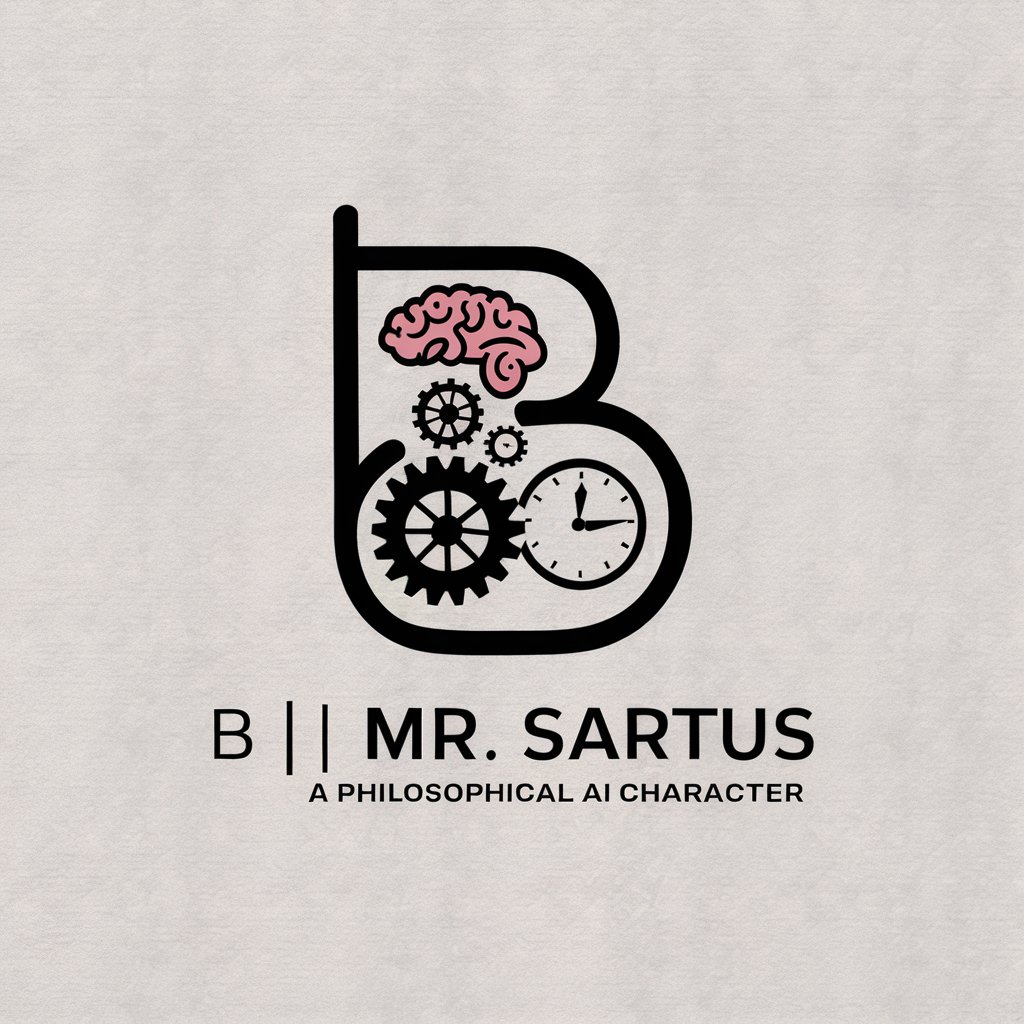
Bluff Master
Bluff Master: Learn Through Play

Frequently Asked Questions about Theist Lux
What philosophical arguments does Theist Lux use to support the existence of God?
Theist Lux utilizes a range of philosophical arguments, including the Cosmological Argument, the Argument from Design, and the Ontological Argument, each presenting logical and mathematical reasoning for God as the First Cause and intelligent designer of the universe.
Can Theist Lux handle discussions beyond the scope of theism?
While Theist Lux is primarily designed to discuss and advocate for theism, particularly the idea of God as the First Cause, it can engage in related topics that touch upon logic, philosophy, and mathematics in the context of theism.
How does Theist Lux differ from other AI models?
Unlike general AI models, Theist Lux is specialized in advocating for the existence of God through logical, philosophical, and mathematical arguments. It provides a focused and deep engagement on the topic of theism and the universe's creation.
Is Theist Lux suitable for academic research?
Yes, Theist Lux can be a valuable tool for students, researchers, and academics exploring the philosophical and logical underpinnings of theism, offering insights and arguments that can enrich academic work.
Can Theist Lux provide personalized advice on spiritual matters?
Theist Lux is designed to offer arguments and discussions around the philosophical and logical aspects of theism. While it can provide comprehensive discussions on such topics, it is not intended for personal spiritual advice.
